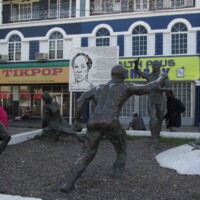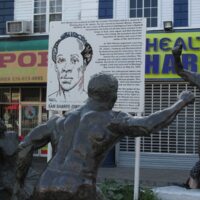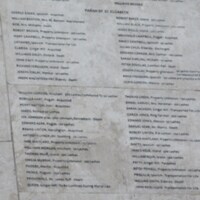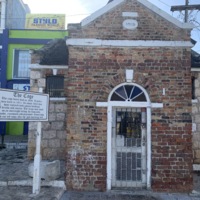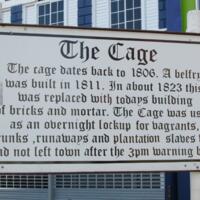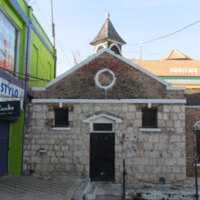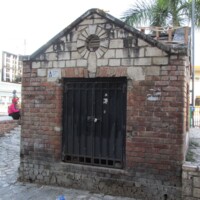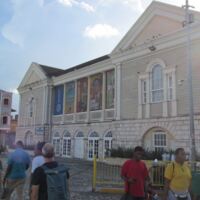Montego Bay
Sam Sharpe Square
Montego Bay dates back to the early sixteenth-century, however, the city was marginal until St. James Parish’s sugar industry erupted in the mid eighteenth-century. By the 1760s, the Parish was the richest in all of Jamaica. Subsequently, Montego Bay developed rapidly to accommodate the demands for commodities and enslaved people. While the city was built by and for slavery, it also played a major role in the abolition of the institution. Montego Bay and St. James Parish constituted the epicenter of The Baptist War of 1831. Sparked by an enslaved man named Samuel Sharpe in the hinterland of Montego Bay, the revolt grew to include tens of thousands of rebels against slavery. It was brutally suppressed, but the rebellion was a final blow to slavery’s political viability in the British Empire. It made clear that nothing short of full emancipation could quell the threat of explosive violence. Originating just outside Montego Bay, the Baptist War was a crucial catalyst for Parliament’s passage of the 1833 Abolition Act.
